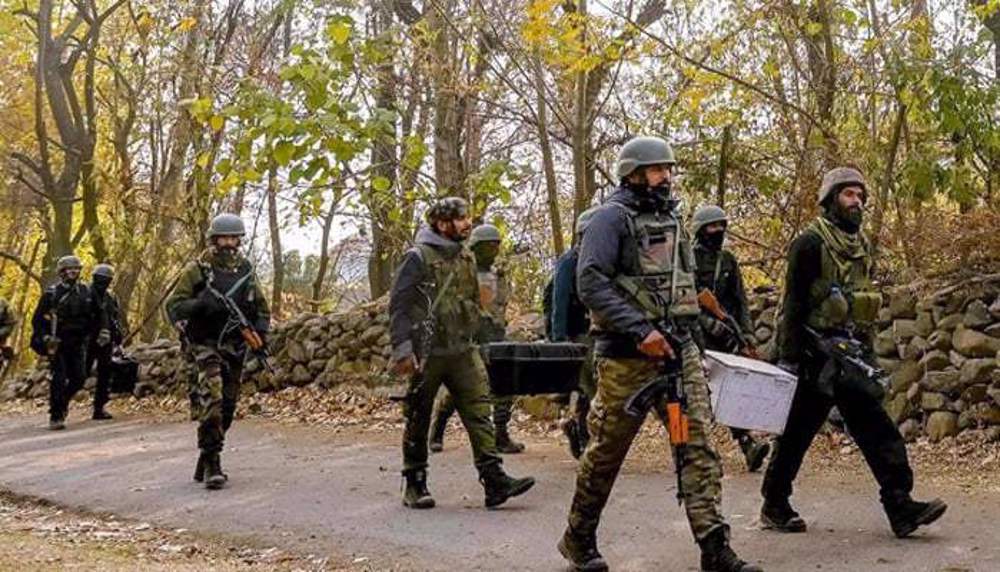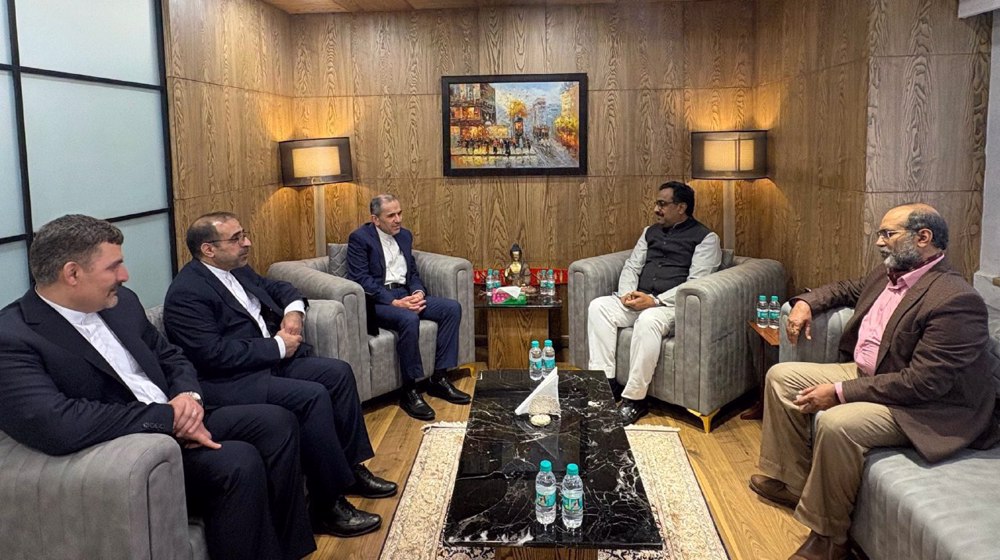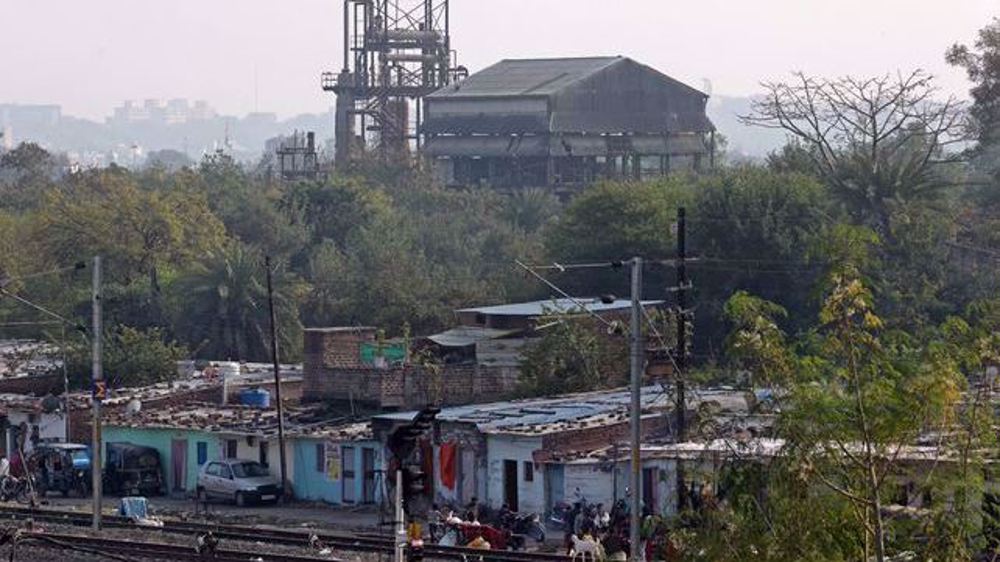Death toll from India caste protests climbs to 19
Indian authorities say the death toll from violent protests in the northern state of Haryana over caste-based quotas in jobs and education has risen to at least 19.
“Nineteen people have died and more than 200 are injured,” Haryana additional chief secretary P. K. Das said on Friday.
He said calm had now been restored in most flashpoint areas. “There were a few clashes in parts of Bhiwani district overnight, where a curfew is still on, but the curfew has been lifted in other districts,” he said, adding, “Most of the road links have been restored in the state and we hope to be in control of the situation by the end of the day.”
Das further said that a canal supplying water to New Delhi that had been blocked by protesters has been cleared. The blockage had caused water rationing throughout the Indian capital and the closure of all schools to conserve supplies.

Demonstrators, mostly from the Jat rural community, have been taking to the streets in protest rallies related to caste rights in the northern Indian state of Haryana over the past few days.
Some of them set fire to police vehicles, public buildings and buses.
The protesters say they are discontented with India’s affirmative action program. Traditionally seen as an affluent and thus upper caste, the Jat community was designated a “backward caste” by the government back in March 2014.
However, the Indian Supreme Court overturned the decision in 2015, saying the Jat community is not a "backward caste" and should not be entitled to government jobs and university seats reserved for Other Backward Castes (OBCs) under the Indian Constitution.

The protesters now say they have been put at a disadvantage by the Supreme Court ruling and want equal privileges as other lower castes.
Leader of the ruling right-wing Bharatiya Janata Party (BJP) in Haryana, Anil Jain, announced on Sunday that the state government had agreed to the Jat community’s demands.
“We have decided in the meeting that Jats will be given reservation through a law in the next assembly session,” Jain told reporters after talks between Jat leaders, national Home Minister Rajnath Singh and representatives from the Haryana state government in Delhi.
India sets aside a proportion of government jobs and university seats for castes that have faced discrimination for centuries and are economically or socially disadvantaged.
VIDEO | Press TV's news headlines
VIDEO | Israel bans UNRWA amidst war on Gaza
Gaza's Nasser Hospital on verge of closure as Israel blocks fuel deliveries: UK charity
Venezuela’s Maduro sworn in for third term, pledges to form 'new democracy'
Iran backs stable, independent Lebanon free from foreign occupation: Araghchi
Yemen defies a year of US-UK-Zionist aggression in solidarity with Palestinians
Yemen strikes US aircraft carrier in Red Sea as Israel hits Yemeni targets
Los Angeles under siege: Looters, thieves targeting evacuation zones in fire-wracked city















 This makes it easy to access the Press TV website
This makes it easy to access the Press TV website